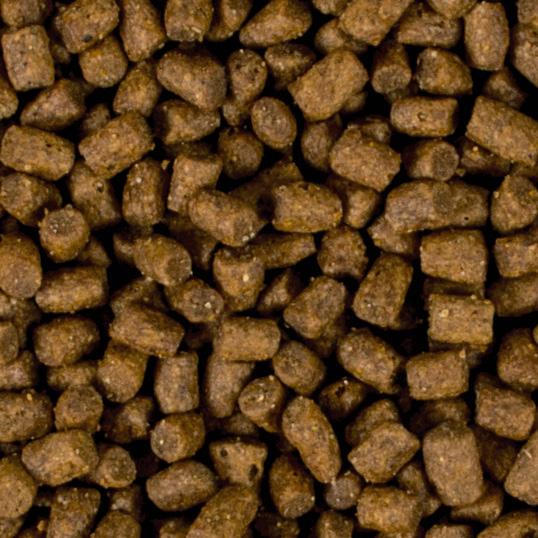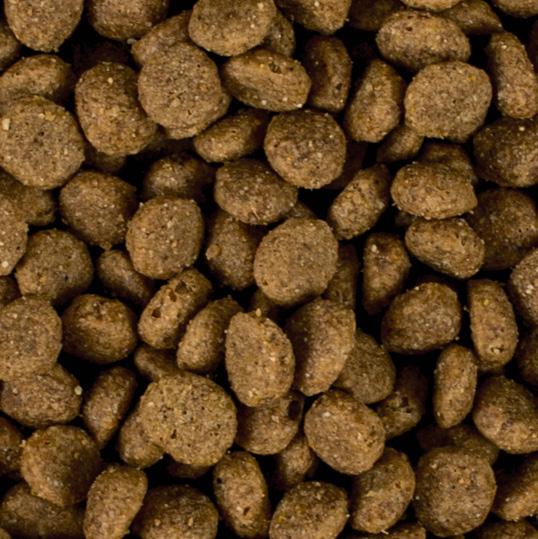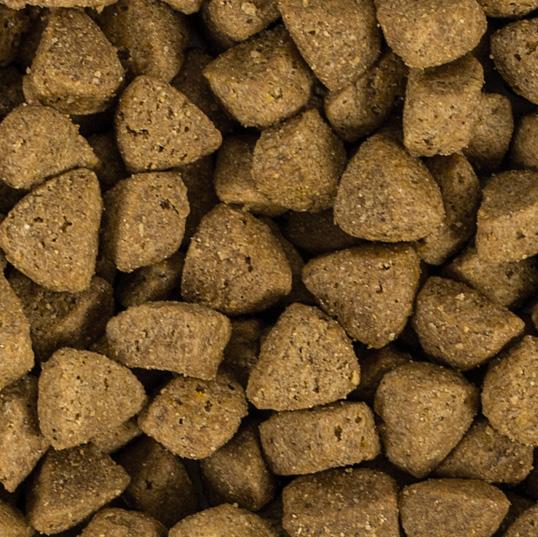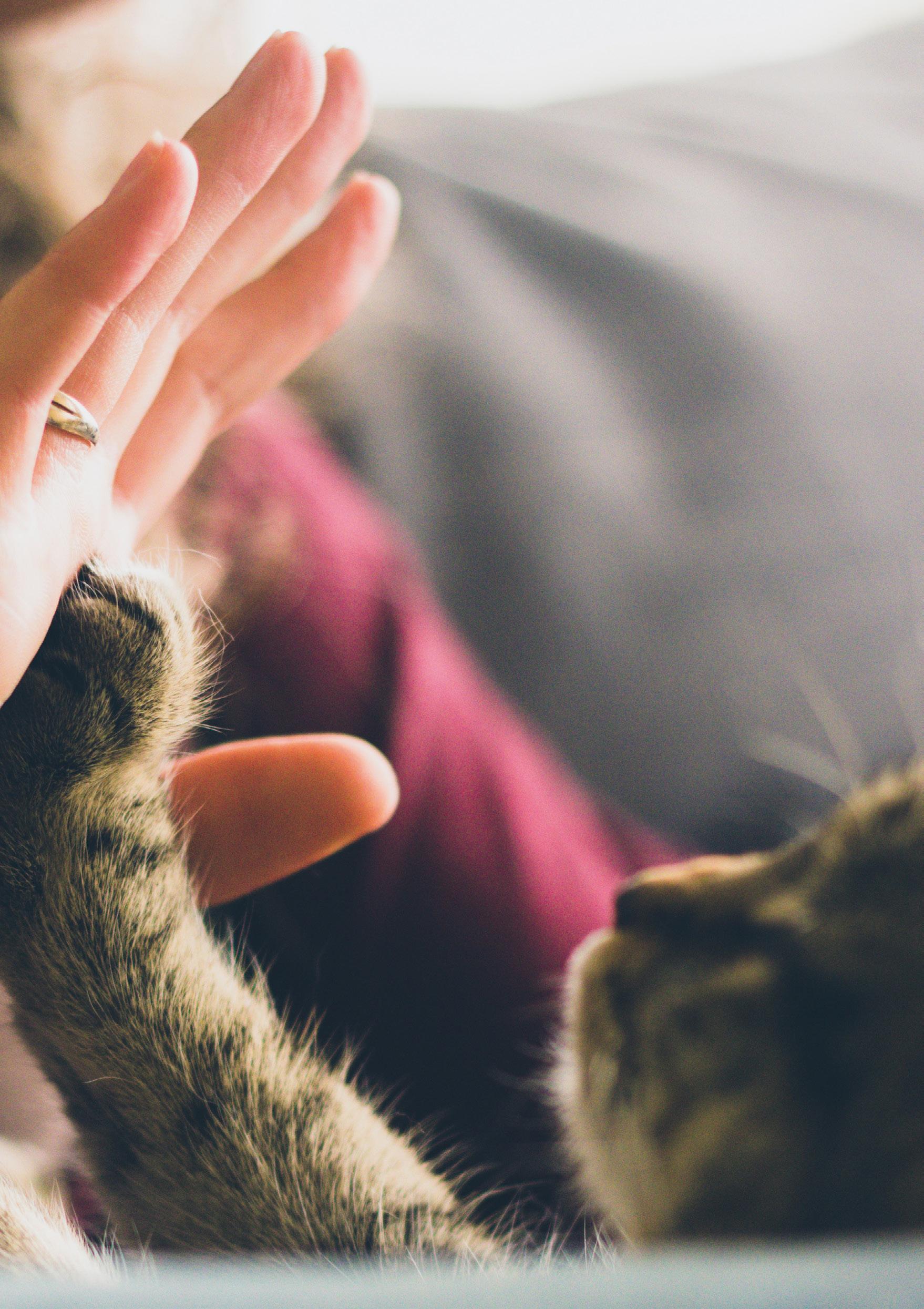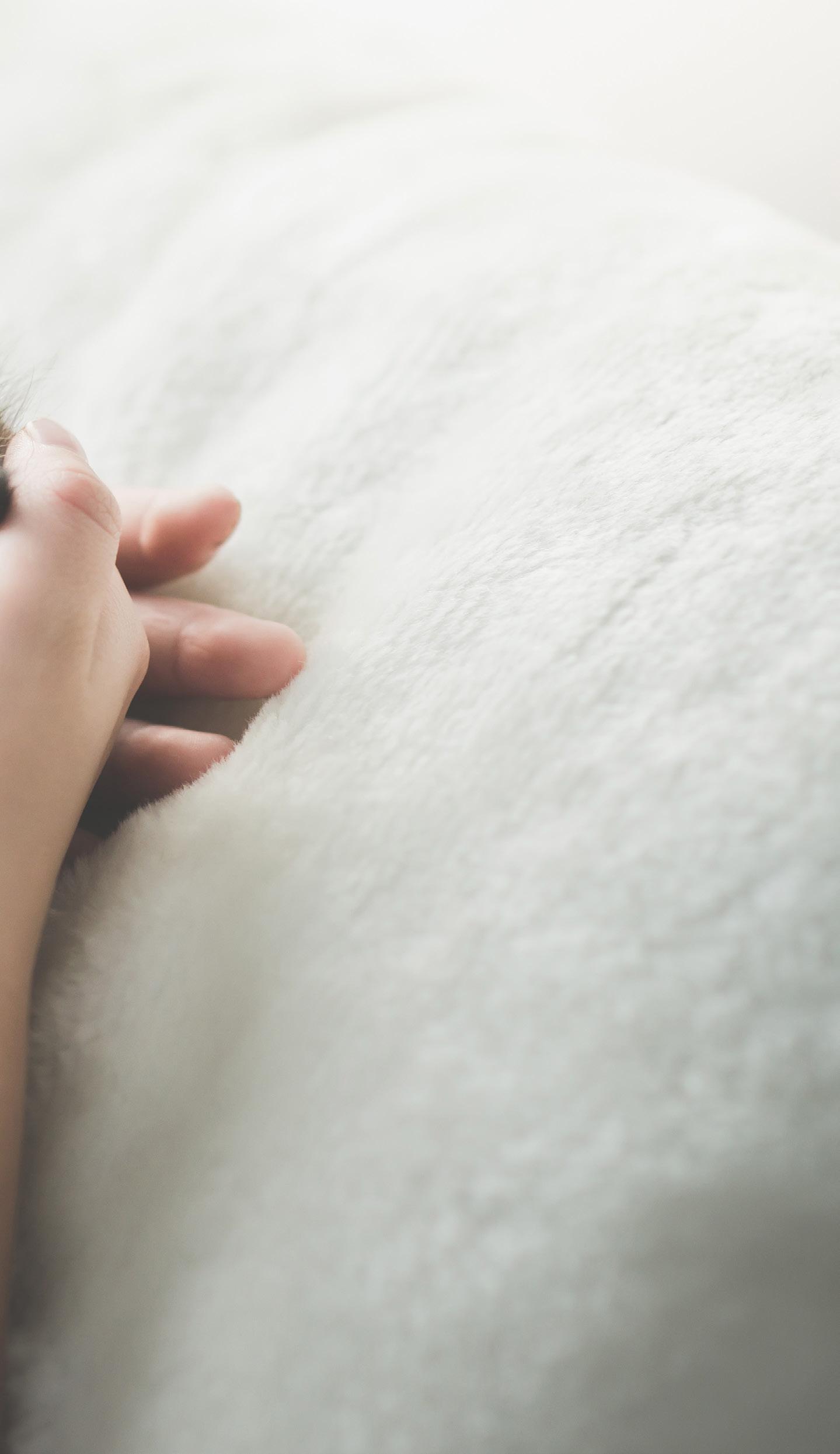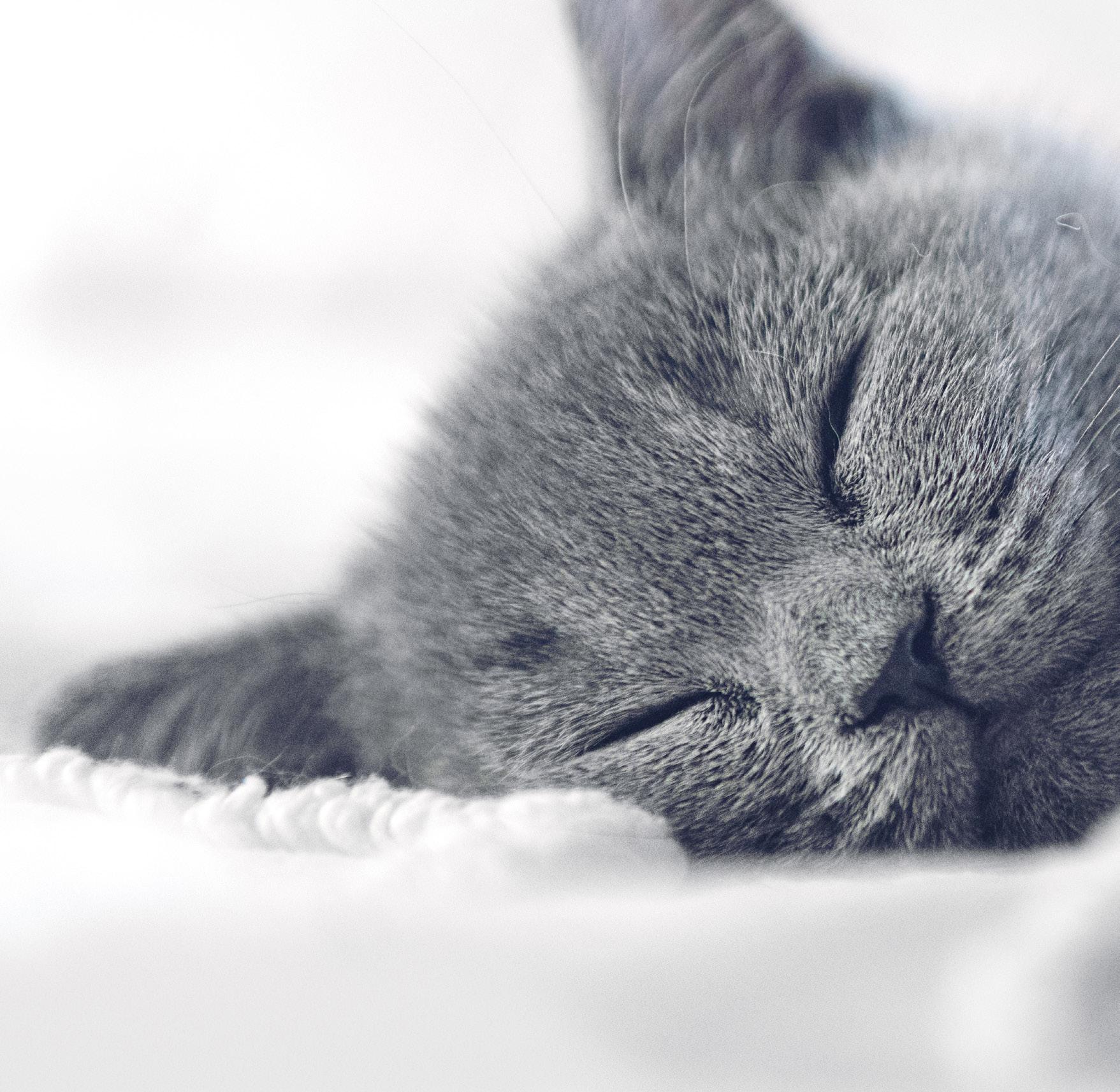
1 minute read
Interesting facts
How does your cat rate food?
Cats have about 60 million olfactory cells. Just to compare, humans have only 5-10 million. This shows that even the most acute sense of smell in humans cannot match exceptional abilities of cats. Their sense of smell is present from birth but it’s fully developed by the time they are 3 weeks old. Using the sense of smell, the cat recognizes the terrain or potential hazards. Smell is also decisive in the evaluation of the food. Cats determine the attractiveness of food on the basis of their smell. Taste, on the other hand, is evaluated only at a later stage. It’s worth noting that cat has only 500 taste buds, while humans have as much as 9000.
Advertisement
Healthy teeth
A kitten is born without any teeth. Around 2-3 weeks of age, the first milk teeth start to grow. Around week 8, your kitten should already have all (26) of its milk teeth. The kitten starts replacing its baby teeth with permanent teeth around 3rd month of age. The process starts with incisors and ends with canine teeth coming out. The final number of permanent teeth in cats is 30, of which 16 are in the jaw and 14 in the mandible.
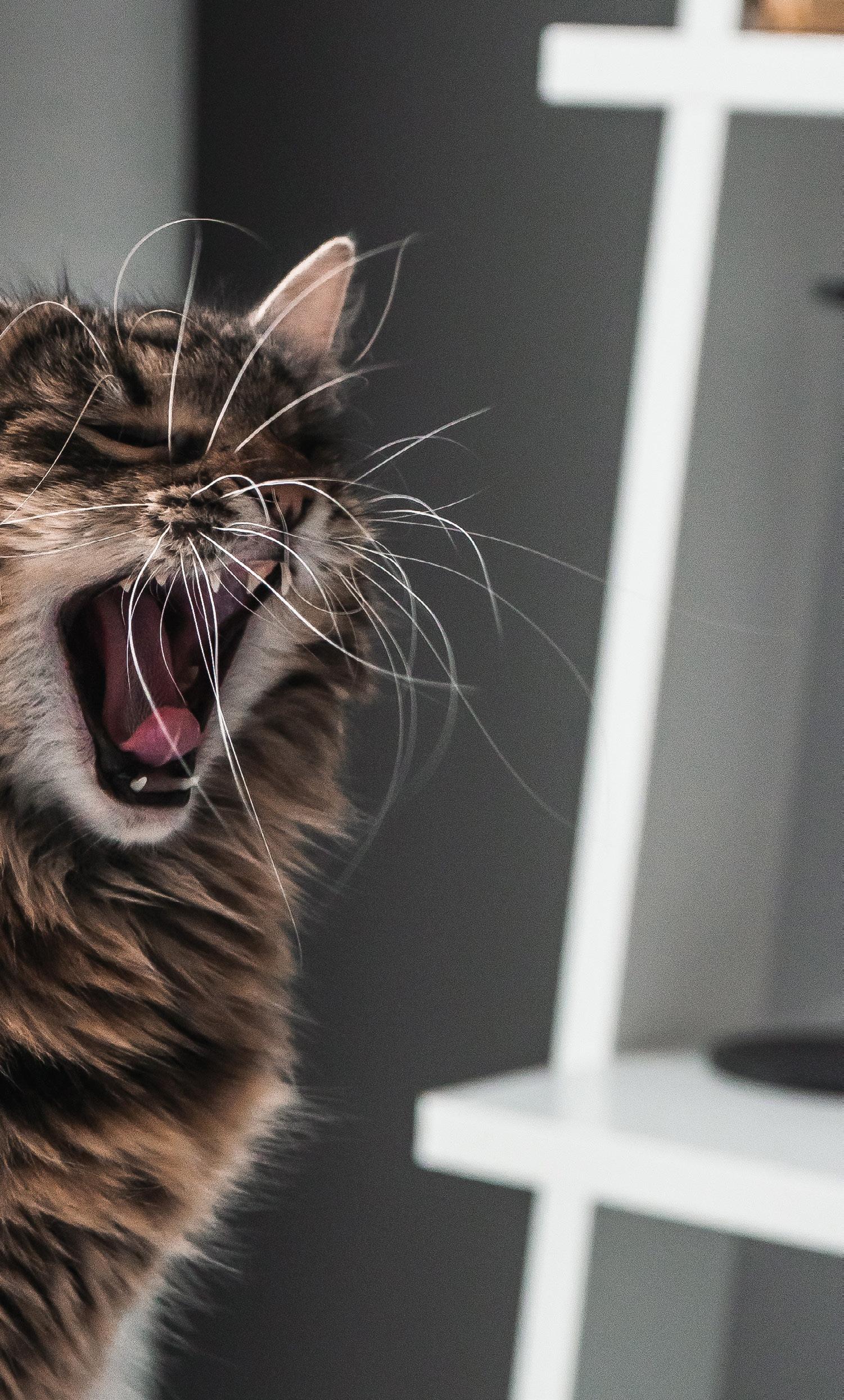
It’s important to keep your cat’s teeth healthy right from the start, as a lack of proper hygiene can cause tooth decay. Deposited plaque can turn into tartar, which can be removed only by a vet. Tartar not only looks bad but can cause a number of health problems. Under tartar inflammatory conditions may develop and affect the whole body as a consequence. That’s why it’s worth checking your cat’s teeth from time to time.
Deposits on the teeth can be regularly removed by cleaning the teeth with a special toothpaste and toothbrush. However, you should get your cat acquainted with this procedure from the very beginning. Dry granulated food has the same effect as a toothbrush. By chewing food, the cat removes plaque from its teeth. To reduce tartar the addition of sodium polyphosphate to the food is also used. This active substance captures calcium from saliva, binds it and thus makes prevents the formation of tartar.

